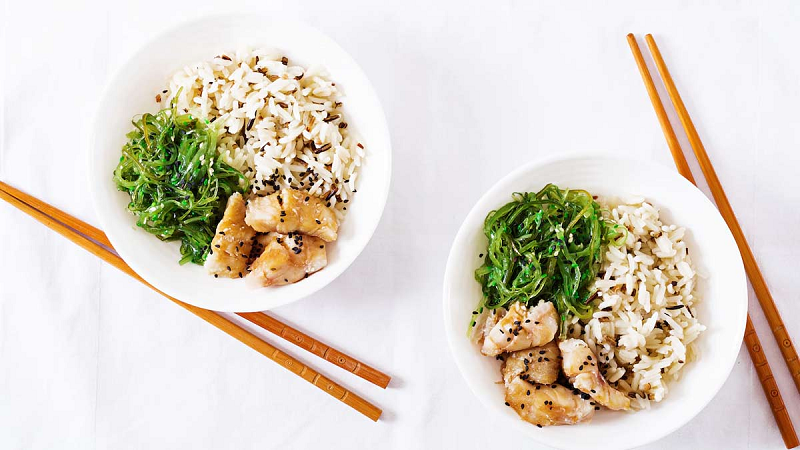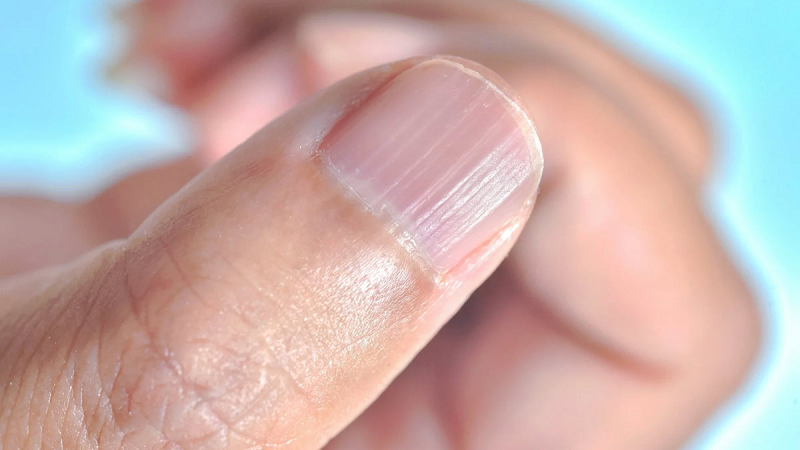We all want to live a long life while being healthy. For this, we also adopt many types of Indian and foreign remedies. To stay healthy, proper eating habits and lifestyle are very important. By following the right eating habits, you can not only avoid diseases but can also live a long and healthy life. Our Ayurvedic system of medicine also places a lot of emphasis on correct eating habits and healthy changes in routine. Well, not only in our country but also in foreign countries, many methods are adopted to stay healthy.
Here we are telling you about a secret technique of Japanese people, which is widely followed there. Let us know from experts about what its benefits are and how to adopt it. Dietician Simran Kaur is giving this information. Simran is a certified dietitian and nutritionist.
Japanese people's secret way to stay healthy

- According to experts, the secret of good health of Japanese people is not just genetic, but it is related to their right eating habits.
- This secret method of Japanese people is the Hara Hachi Bu Diet.
- Hara Hachi Bu is a Japanese proverb. This is a method of dieting.
- This means filling the stomach only up to 80 percent. That means when your stomach is 80 percent full, do not eat after that.
- This is the principle of Confucius, who advises people to fill their stomachs 80 percent.
- Actually, this concept is related to portion control and mindful eating.

- Through this principle, you understand your body's real signals related to hunger and avoid overeating.
- According to the Japanese eating style, filling the stomach can not only lead to weight gain but can also lead to many diseases.
- According to the rules of the Hara Hachi Bu diet, when you fill your stomach 80 percent, then your body can digest the food properly.
- This improves digestion, and metabolic rate and also reduces obesity.
- You should eat food slowly, chew the food properly and concentrate completely on the food while eating.
- These rules of Hara Hachi Bu can help you stay healthy.
Image Credit: Freepik










